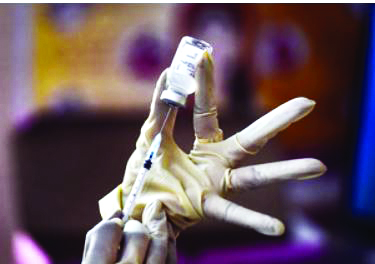Inflammatory response to Covid found to worsen pre-existing heart conditions

New Delhi: Covid infection can trigger a dangerous immune response in the hard fatty deposits, called plaques, lining the interiors of the heart's blood vessels, which can disrupt the normal blood flow, according to researchers.
Exposing these plaques to the coronavirus boosted inflammation in blood vessels, thereby enabling the fatty deposits to interfere with the blood flow and worsen pre-existing heart conditions, the researchers at New York University (NYU) Langone Health, US, showed.
Misplaced inflammation can thus lead to both immediate and longer-lasting heart issues, such as the breaking up of artery-clogging plaques, and may contribute to "long Covid" symptoms, the authors said in their study published in the journal Nature Cardiovascular Research.
The long Covid symptoms the authors refer to include heart palpitations, chest pain, and fatigue, all of them documented to have been reported by long Covid patients.
The body's natural inflammatory response to the infection created an environment which made it easier for the plaque to grow, rupture, and block blood flow to the heart, brain, and other key organs, according to lead researcher Natalia Eberhardt, a postdoctoral fellow.
Eberhardt's team analysed 27 tissue samples of blood vessels from autopsies of severe Covid patients from May 2020 to 2021, all of them previously diagnosed with heart disease.
The study sheds light on the possible mechanisms through which COVID-19 heightens the risk of getting a heart attack or a stroke, especially in those with underlying heart conditions, the researchers said in their study.
They further found the coronavirus to flourish in people having large plaque buildup in their arteries, partly explaining why those with atherosclerosis are more vulnerable to COVID-19. Atherosclerosis refers to the thickening of blood vessel walls due to the fatty deposits lining them.



